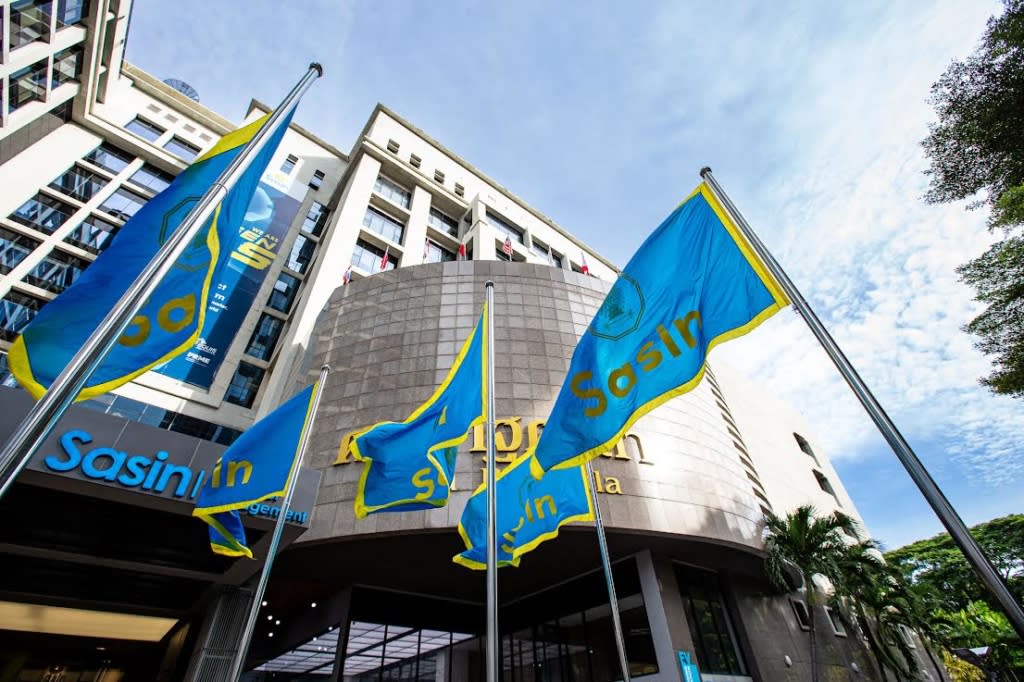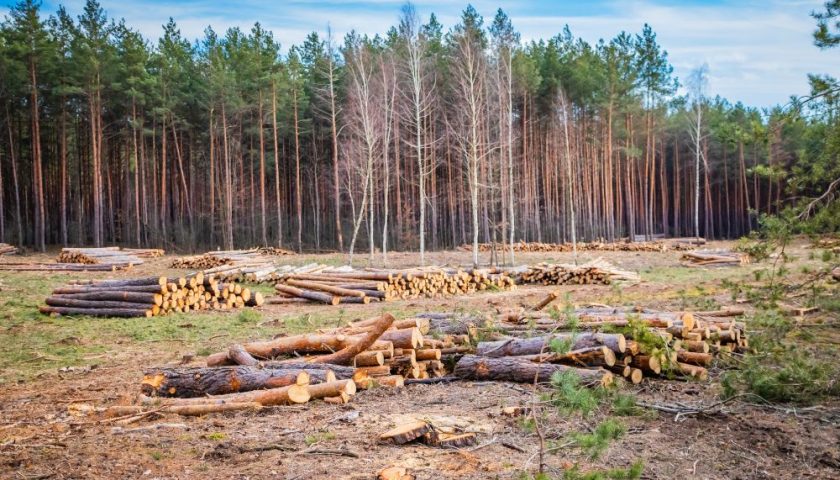
Chulalongkorn University’s Sasin School of Management. Courtesy photos
Thailand may not be the first country that leaps to mind when the subject is graduate business education in Asia. Ian Fenwick believes that should change.
Fenwick thinks Bangkok, Thailand’s capital city, is an ideal place in which to study. Not only does it have a sense of inclusiveness, says the director of Bangkok-based Chulalongkorn University’s Sasin School of Management, it also has the infrastructure to support business — particularly digital business. The city was recently rated the second-best place for digital nomads next to Lisbon, Portugal.
Moreover, Thailand — and Southeast Asia as a whole — is considered an “untapped market,” according to JP Morgan: By 2030, the multinational investment banking giant reports, Southeast Asia is anticipated to add approximately 140 million new consumers. Even earlier, by 2025, the Internet economy in the region is expected to generate nearly $360 billion in gross manufactured value.
“Thailand is a tremendously entrepreneurial country,” Fenwick tells Poets&Quants. “It’s creative, dynamic, digital, and a great place to start a business.”
A DIFFERENT APPROACH TO GRADUATE BUSINESS EDUCATION

Ian Fenwick: “I wouldn’t want to present Sasin as a religious school, but we do have Buddhist monks that come and help us with some of the courses.”
Fenwick believes that if you want to do business in Asia, you need to immerse yourself in the culture. And with so much rapid business growth on the continent, he believes that students must understand its implications in order to help take care of the planet.
“The future of business is totally uncertain,” says Fenwick. “We’re going to see perpetual disruption, and the answers aren’t at the back of a book. People must be able to understand — and operate within — different cultures, because culture is important to business everywhere.”
That’s why Sasin takes a different approach to business education. By focusing on equipping students with the skills to create a better world, the school integrates Buddhism, international travel, and sustainability teachings into its curriculum — all with the goal of making “culturally nimble” and environmentally responsible — students.
“We’re not trying to teach facts. We’re not even trying to teach frameworks,” Fenwick says. “We’re trying to teach people to be mindful, responsible, and consider carefully what is on the table, and the impact it will have.”
THE FIRST INTERNATIONALLY ACCREDITED BUSINESS SCHOOL IN THAILAND
As the first internationally accredited business school in Thailand, Sasin School of Management is located in the heart of the county’s teeming capital city.
Led with the promise to “inspire, connect, and transform for a better, smarter, sustainable world,” Sasin is one of two business schools at Chulalongkorn University. As a private school within a public university, it was set up to be a “nimble alternative that teaches in English according to global standards.” Established in 1982 through a collaboration between Chulalongkorn University, Northwestern University’s Kellogg School of Management, and The Wharton School of the University of Pennsylvania, Fenwick says that an international, cultural element was ingrained into the school’s ethos from the start.
Although Kellogg and Wharton used to play a bigger role (for the first five years of the school’s conception, all of the school’s faculty came from Wharton, Kellogg, and international partners), they’re still involved to some extent; Each year, executive MBA students go to Kellogg or Wharton for a two-week residential stint. Over the last few years, Sasin has sent EMBA students exclusively to Kellogg.
Now, the school has partnered with 43 institutions across 19 countries. Plus, 60% of the school’s courses are taught by visiting faculty.

Students at Sasin. “A key word for Buddhism is balance — we want students to make decisions that they’re proud of and can stand behind,” Director Ian Fenwick says. Courtesy photos
INTEGRATING THAI CULTURE INTO THE CLASSROOM
According to Fenwick, Thai culture infuses the whole program; 90% of the school’s full-time MBA students are Thai, and the remaining 10% are international exchange students. For the EMBA student population, the demographic is slightly different; It’s made up of people who work in Thailand. Pre-pandemic, approximately one-third of EMBA students were non-Thai. Post-pandemic, Fenwick says this number has dropped to around 15%, however he’s hopeful that this number will soon increase. “Every student here is completely immersed in a Thai environment,” he explains.
Part of this Thai immersion is the integration of Buddhism into some of the B-school courses, such as the ‘Skills and Values’ module that’s taught in the MBA and EMBA.
“I wouldn’t want to present Sasin as a religious school,” continues Fenwick, “but we do have Buddhist monks that come and help us with some of the courses.”
“A key word for Buddhism is balance — we want students to make decisions that they’re proud of and can stand behind,” he adds. “The idea is to move beyond simple values and skills like math, finance and accounting, and integrate values that help students make decisions that aren’t simply based on monetary value.”
A SUSTAINABILITY-FOCUSED BUSINESS CURRICULUM

Ian Fenwick: Sasin is “not cutthroat like some business schools; it’s a helpful collective, moving ahead together. That’s perhaps something that business needs to model after in the future.”
Aside from the integration of Thai culture and Buddhism in Sasin’s master’s programs, sustainability has also been woven into the MBA and EMBA curriculums over the last decade. In fact, the school has its own Sustainability and Entrepreneurship Center, which focuses on promoting sustainability through an entrepreneurial mindset.
“We believe that sustainability will only be achieved through an entrepreneurial mindset and by changing the way we look at business problems,” says Fenwick. “Sustainability doesn’t replace the regular business curriculum, but it’s a flavor that runs throughout it.”
“If we want to have a world for our children and our children’s children, then sustainability is an imperative,” he adds.
THE OPPORTUNITY TO TRAVEL
While the EMBA students get to spend two weeks in the US during their degree, MBA students have the opportunity to go on an international exchange to the school’s institutional partners. Plus, each year, the school welcomes students from nearly half of its partners. “When we’re not in the midst of a pandemic, we usually send about two-thirds of our MBA students on exchange somewhere,” he says.
For the Thai students, Fenwick says that their primary motivation for entering the MBA or EMBA programs is to build their network and reorient themselves in Thailand; most of them were educated outside of Thailand, have dual-citizenship, and will be joining their family businesses upon graduation. For MBA or EMBA exchange students, the appeal to study at Sasin is to enjoy and experience an immersive, cultural experience – and learn how cultural and sustainability lenses impact business. “We have quite a few exchange student alumni that actually finished up by making a career here,” says Fenwick.
“I’ve taught in many business schools around the world, and this is the only place I’ve been where students run tutorials for each other,” says Fenwick. “It’s not cutthroat like some business schools; it’s a helpful collective, moving ahead together. That’s perhaps something that business needs to model after in the future.”

DON’T MISS USC GETS MAJOR GIFT TO TRANSFORM RISK MANAGEMENT PROGRAM and THE FUTURE OF THE MBA IS HAPPENING RIGHT NOW AT INDIANA KELLEY
The post Sustainability, Buddhism & Travel: Thai B-School Creates ‘Culturally Nimble’ Students appeared first on Poets&Quants.





